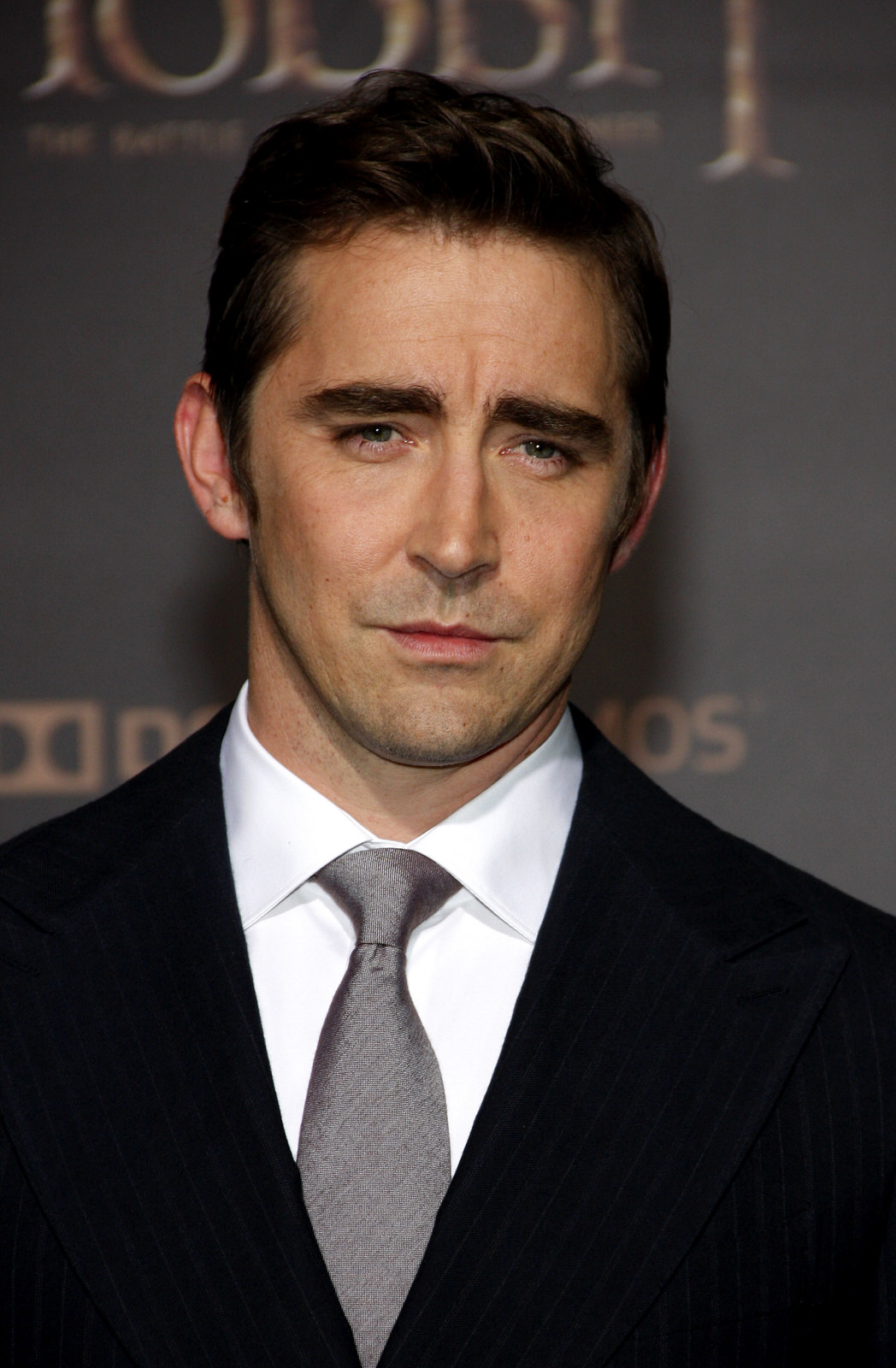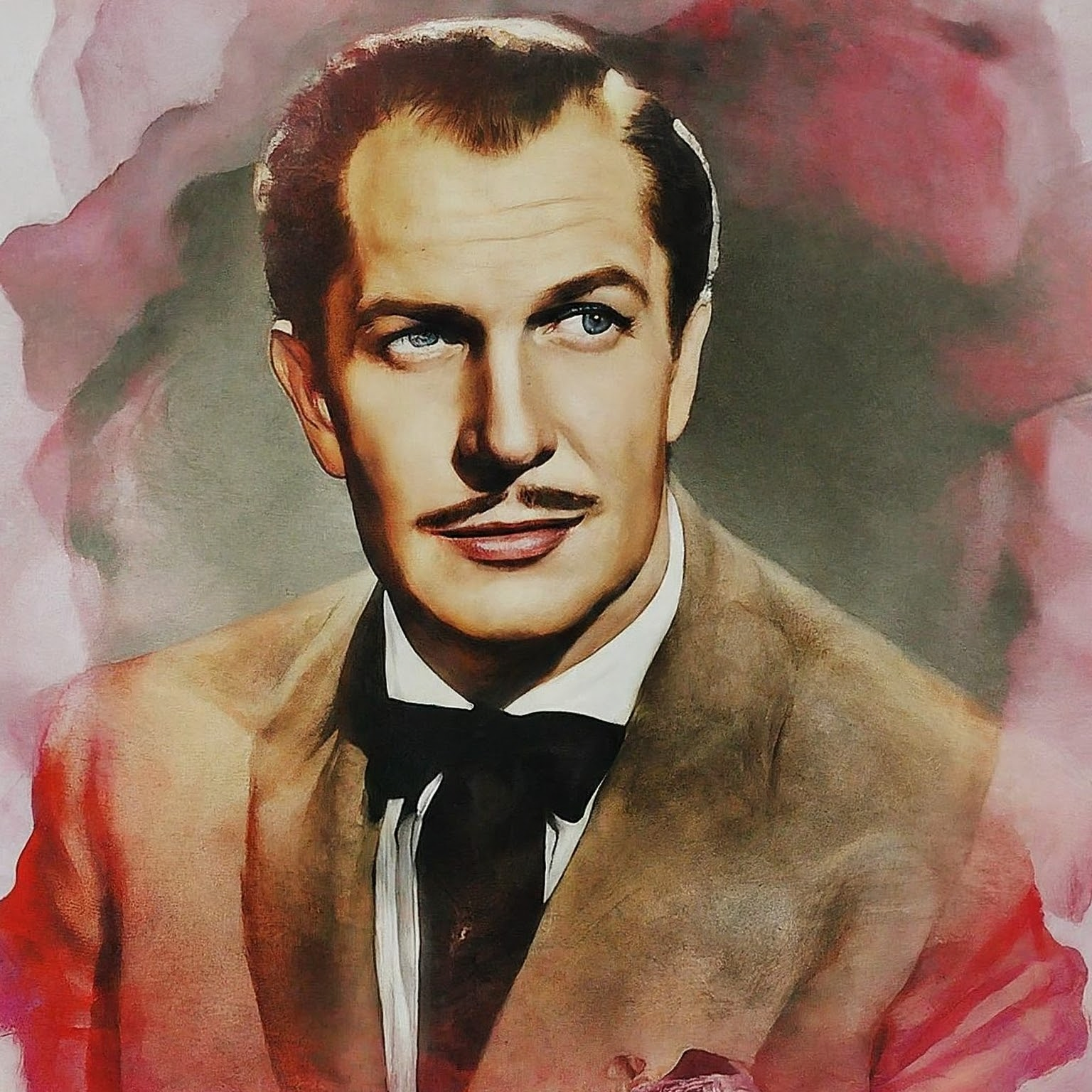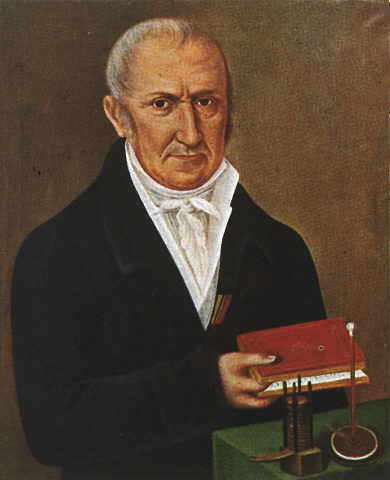Kim Il-Sung
Kim Il-sung, North Korea's founder and first Supreme Leader, led the country from 1948 till his demise in 1994, shaping its political landscape and ideology.
World Leader
April 15, 1912
Aries
July 08, 1994
82
Mangyongdae, North Korea
Kim Il-Sung, born Kim Song-ju on April 15, 1912, was a prominent North Korean politician and the founder of the Democratic People’s Republic of Korea (DPRK), commonly known as North Korea. His political journey began during the Japanese colonial rule of Korea, where he actively participated in anti-Japanese guerrilla activities and emerged as a key leader of the Korean resistance movement.
After World War II, Kim Il-Sung returned to Korea and established the DPRK in 1948, becoming the country’s first Supreme Leader. He held this position until his death in 1994, ruling North Korea with an iron fist for nearly five decades.
Kim Il-Sung’s leadership was marked by significant achievements. He played a pivotal role in North Korea’s post-war reconstruction, implementing policies that emphasized national independence and self-sufficiency, known as “Juche.” Additionally, he focused on developing the country’s military capabilities, including the controversial nuclear weapons program.
Throughout his lifetime, Kim Il-Sung received numerous accolades and honors, including the title of “Eternal President” of North Korea. He was also recognized internationally, receiving prestigious awards such as the Order of Lenin from the Soviet Union and the Order of Karl Marx from East Germany.
Beyond his political achievements, Kim Il-Sung was known for his personal interests and charismatic leadership style. He was an avid reader with an extensive personal library and had a passion for music, often playing the accordion and singing revolutionary songs. His birthday remains a significant national holiday in North Korea, celebrated with grand festivities and parades.
Kim Il-Sung’s legacy remains complex and controversial. While revered as the “Great Leader” in North Korea, his authoritarian rule and human rights record have drawn criticism from the international community. Nevertheless, his ideology and policies continue to shape North Korea’s political, economic, and social systems, making him a central figure in the country’s history.

















